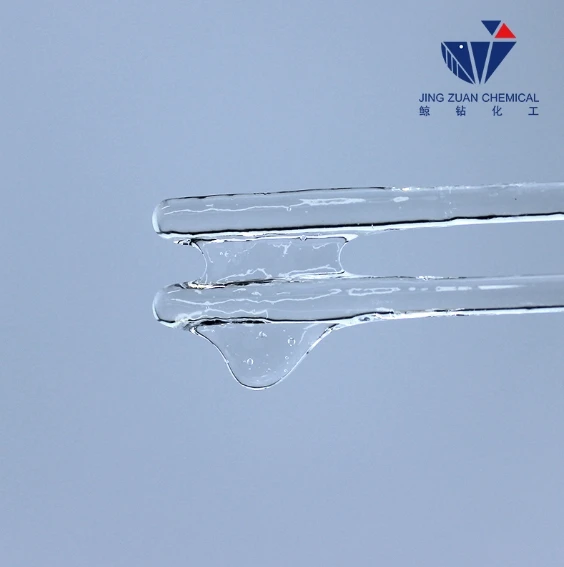
Nov . 19, 2024 07:20 Back to list
Generating Similar s Based on VAE Powder for Enhanced Applications
The Versatility and Applications of VAE Powder in Modern Industries
Vinyl Acetate Ethylene (VAE) copolymer powder has emerged as a significant material in various industrial applications due to its unique properties. Offering a balance of flexibility, strength, and excellent adhesion, VAE powder is an essential component in many formulations spanning several industries, including construction, textiles, and automotive.
Understanding VAE Powder
VAE powder is created through the copolymerization of vinyl acetate and ethylene. This process results in a polymer that exhibits outstanding characteristics, such as durability, resistance to water, and UV light stability. These attributes make VAE powder a desirable choice for manufacturing adhesives, coatings, and sealants. Unlike traditional synthetic polymers, VAE provides a more environmentally friendly alternative due to its water-based formulation, which reduces the emission of volatile organic compounds (VOCs).
Applications in Construction
One of the largest markets for VAE powder is the construction industry. It is commonly used in tile adhesives, waterproofing membranes, and cement-based formulations. The incorporation of VAE enhances the flexibility and adhesion properties of these materials, resulting in better performance and longevity. Moreover, VAE-modified cement provides superior resistance to cracking and moisture, making it ideal for both interior and exterior applications. As the demand for sustainable building materials grows, the use of VAE powder aligns with the industry's push towards greener formulations.
vae powder

Textile Industry Uses
In the textile sector, VAE powder is utilized in the production of textile adhesives and coatings. It offers excellent bonding capabilities, which are essential for various applications such as fabric lamination, non-woven fabrics, and technical textiles. The powder's ability to provide a soft hand feel while maintaining strength and durability is particularly valued in the production of high-performance textiles. Additionally, VAE's water resistance properties contribute to the development of breathable and weather-proof fabrics, enhancing the overall functionality of textiles used in outdoor applications.
Influence in the Automotive Sector
The automotive industry also benefits from the unique properties of VAE powder. It is used in interior coatings, adhesives, and sealants. The flexibility and toughness of VAE make it suitable for various components that require both durability and aesthetic appeal. Moreover, its low VOC content is an advantage in meeting stringent environmental regulations within the automotive sector. VAE-based formulations contribute to lightweight materials, which help improve fuel efficiency and reduce emissions in vehicles.
Conclusion
VAE powder is a versatile material that plays a crucial role in numerous industries, from construction to textiles and automotive. Its exceptional properties, including flexibility, adhesion, and environmental friendliness, make it a preferred choice for manufacturers seeking innovative solutions to meet today's demands. As industries continue to evolve with a focus on sustainable practices, the significance of VAE powder is set to increase, paving the way for advanced applications and enhanced product formulations. The future of VAE powder looks promising, making it an intriguing subject for further research and application development.
-
Versatile Hpmc Uses in Different Industries
NewsJun.19,2025
-
Redispersible Powder's Role in Enhancing Durability of Construction Products
NewsJun.19,2025
-
Hydroxyethyl Cellulose Applications Driving Green Industrial Processes
NewsJun.19,2025
-
Exploring Different Redispersible Polymer Powder
NewsJun.19,2025
-
Choosing the Right Mortar Bonding Agent
NewsJun.19,2025
-
Applications and Significance of China Hpmc in Modern Industries
NewsJun.19,2025







